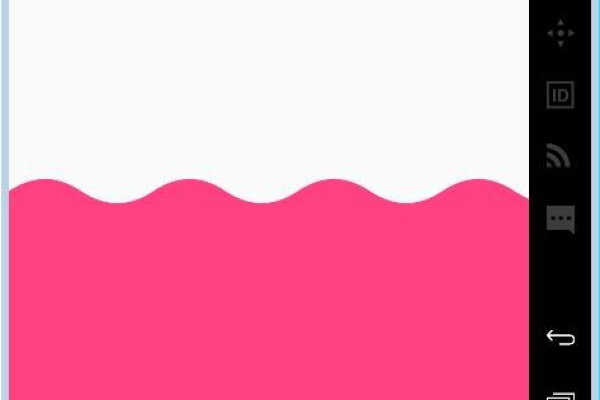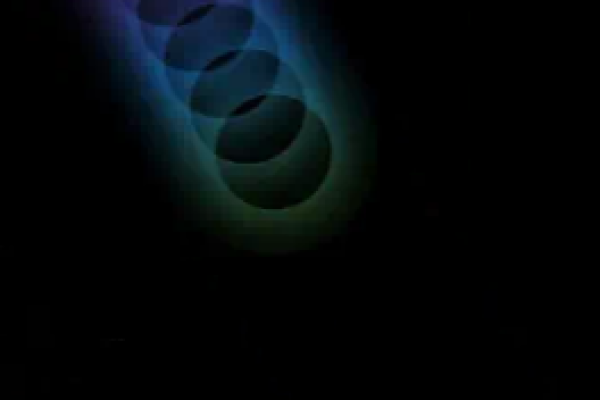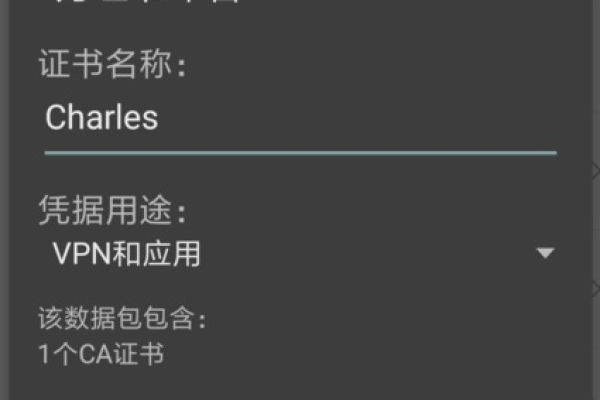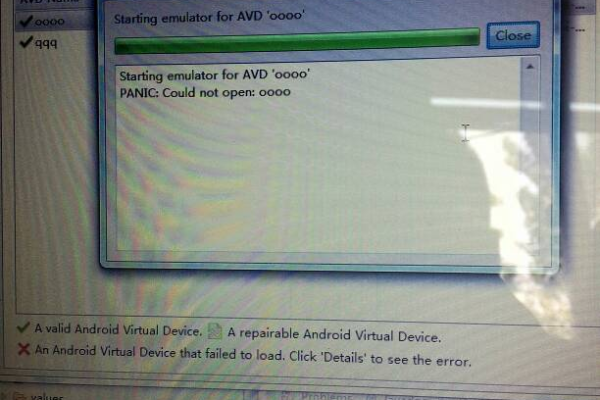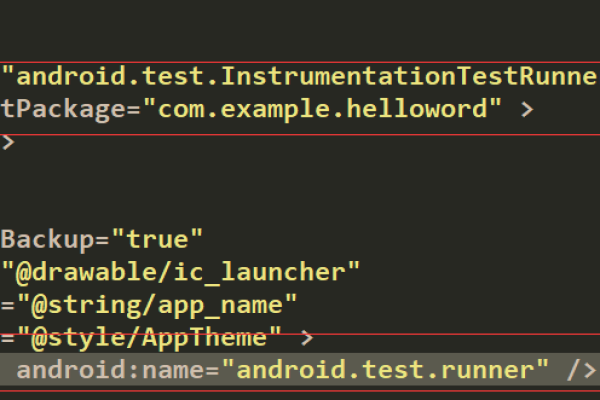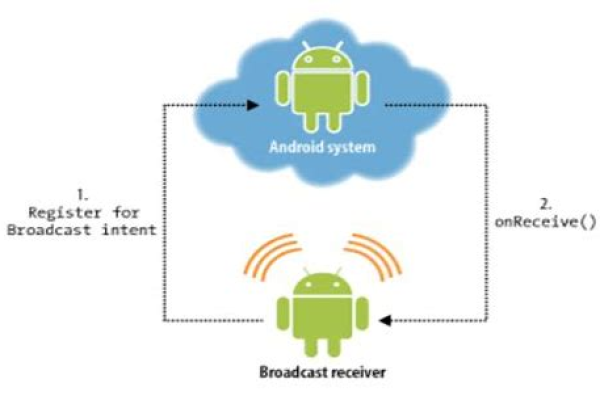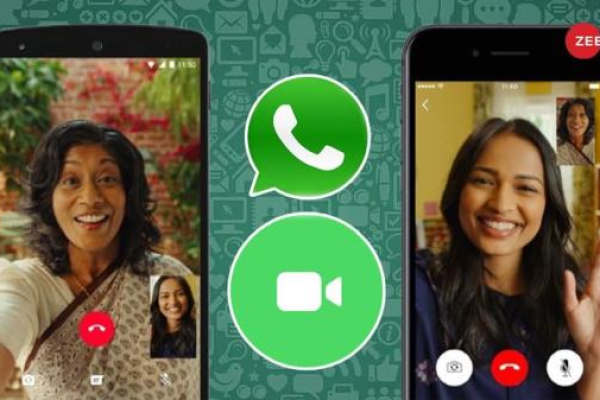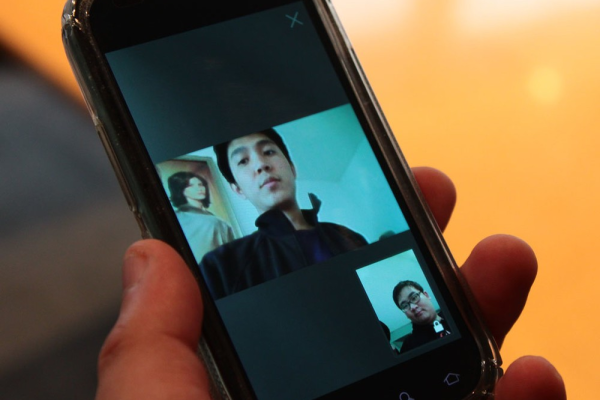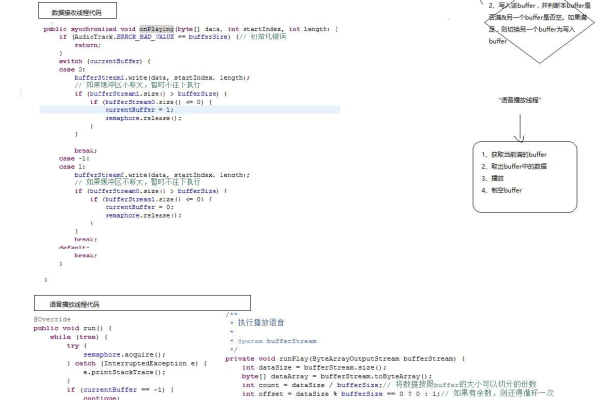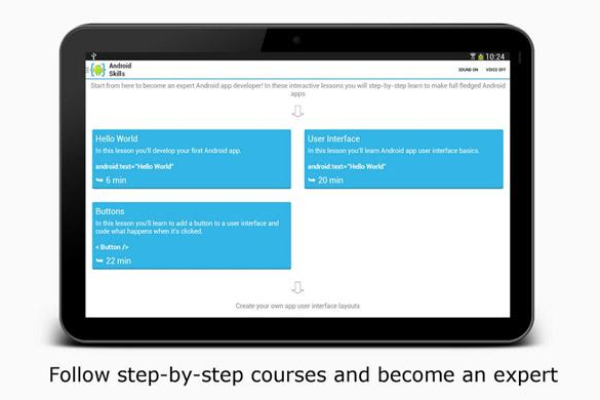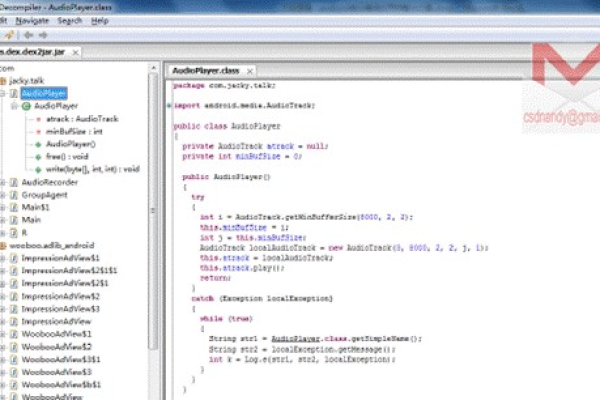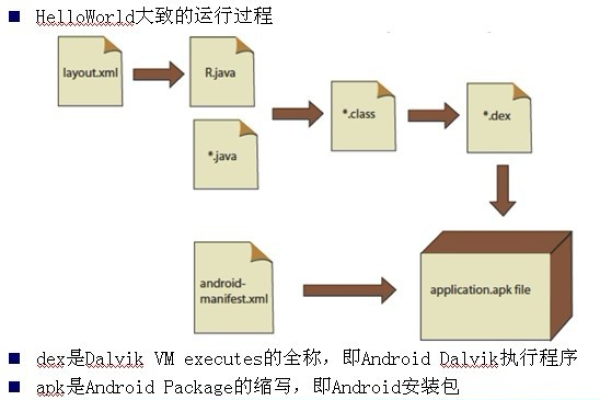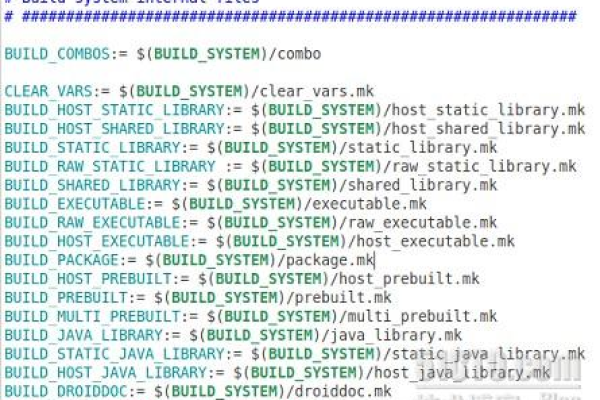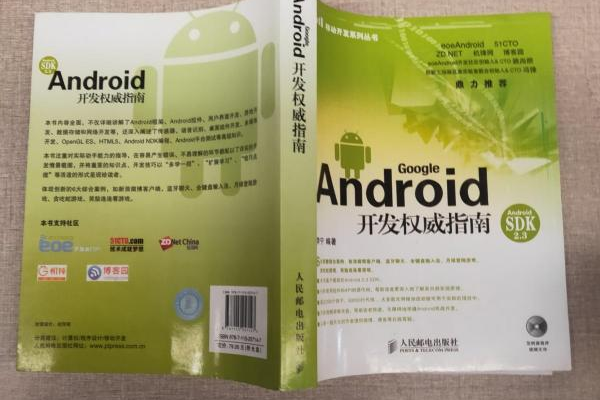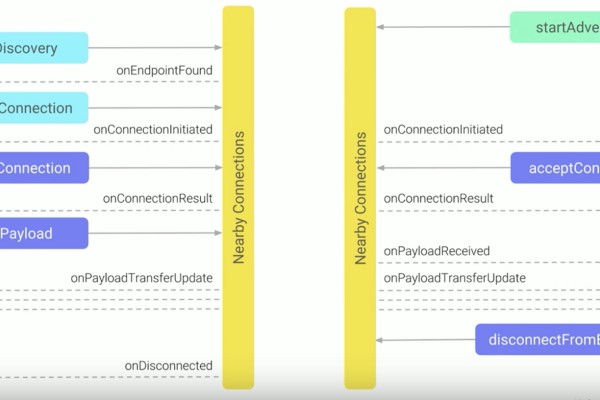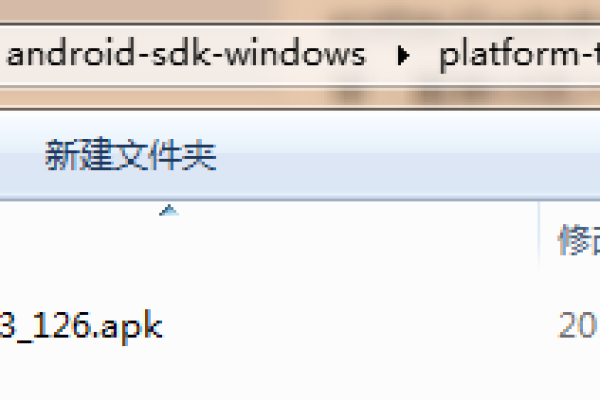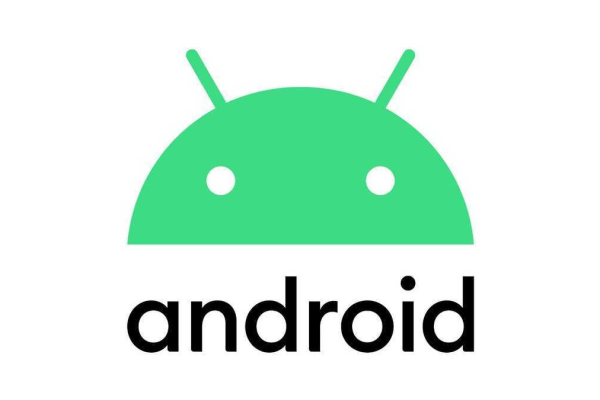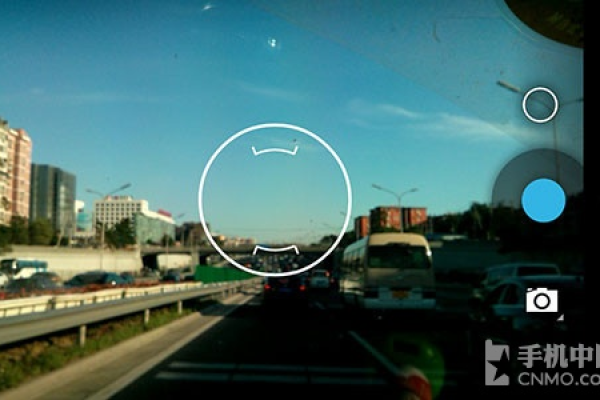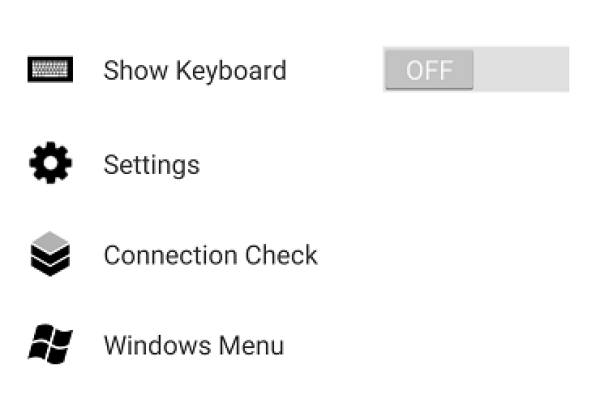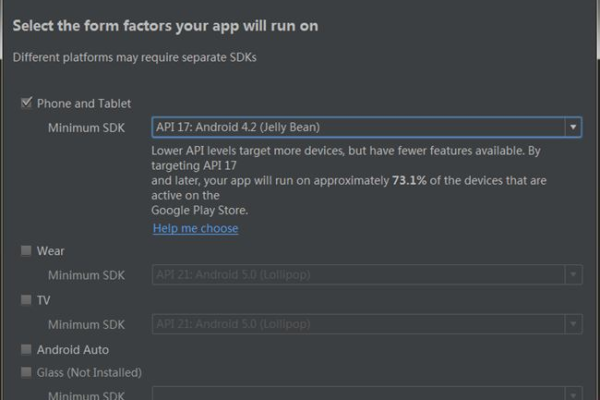如何用Android代码实现水波纹扩散效果?
- 行业动态
- 2024-11-10
- 2
在Android中实现水波纹扩散效果,可以使用 RippleDrawable或自定义View。以下是一个简单的示例代码:,,“ java,// 在res/drawable目录下创建一个ripple_effect.xml文件,,,,,,,,,// 在布局文件中使用该drawable作为背景,,“,,这段代码创建了一个带有水波纹效果的按钮,当用户点击按钮时,会显示一个扩散的水波纹动画。
在Android开发中,实现水波纹扩散效果可以通过多种方式完成,以下是一个详细的实例代码,展示如何在Android应用中实现水波纹扩散效果。
1. 准备工作
确保你的项目已经配置好基本的Android开发环境,并且你已经创建了一个Activity。
2. 添加依赖
在你的build.gradle文件中添加必要的依赖:
dependencies {
implementation 'com.github.skyfishjy.ripplebackground:library:1.0.1'
}3. 布局文件
在你的布局文件(例如activity_main.xml)中添加一个按钮,并设置其背景为水波纹效果:
<RelativeLayout xmlns:android="http://schemas.android.com/apk/res/android"
xmlns:tools="http://schemas.android.com/tools"
android:layout_width="match_parent"
android:layout_height="match_parent"
tools:context=".MainActivity">
<Button
android:id="@+id/button"
android:layout_width="wrap_content"
android:layout_height="wrap_content"
android:text="Click Me"
android:layout_centerInParent="true"/>
</RelativeLayout>4. 自定义水波纹效果
为了实现更复杂的水波纹效果,我们可以使用自定义View,以下是一个简单的自定义View类,用于绘制水波纹效果:
1 创建自定义View类
新建一个Java或Kotlin类,例如RippleView.java:
package com.example.rippleeffect;
import android.content.Context;
import android.graphics.Canvas;
import android.graphics.Paint;
import android.os.Handler;
import android.util.AttributeSet;
import android.view.MotionEvent;
import android.view.View;
public class RippleView extends View {
private float radius = 0;
private float maxRadius;
private Paint paint;
private Handler handler = new Handler();
private Runnable runnable = new Runnable() {
@Override
public void run() {
radius += 5;
if (radius <= maxRadius) {
invalidate();
handler.postDelayed(this, 16); // roughly 60fps
} else {
radius = 0;
}
}
};
public RippleView(Context context) {
super(context);
init();
}
public RippleView(Context context, AttributeSet attrs) {
super(context, attrs);
init();
}
public RippleView(Context context, AttributeSet attrs, int defStyleAttr) {
super(context, attrs, defStyleAttr);
init();
}
private void init() {
paint = new Paint();
paint.setColor(0xFF0000FF); // Blue color
paint.setAlpha(128); // Semi-transparent
}
@Override
protected void onSizeChanged(int w, int h, int oldw, int oldh) {
super.onSizeChanged(w, h, oldw, oldh);
maxRadius = (float) Math.sqrt(w * w + h * h);
}
@Override
protected void onDraw(Canvas canvas) {
super.onDraw(canvas);
canvas.drawCircle(getWidth() / 2, getHeight() / 2, radius, paint);
}
@Override
public boolean onTouchEvent(MotionEvent event) {
switch (event.getAction()) {
case MotionEvent.ACTION_DOWN:
handler.post(runnable);
return true;
case MotionEvent.ACTION_UP:
case MotionEvent.ACTION_CANCEL:
handler.removeCallbacks(runnable);
return true;
}
return false;
}
}2 修改布局文件以使用自定义View
将布局文件中的按钮替换为自定义的水波纹View:
<RelativeLayout xmlns:android="http://schemas.android.com/apk/res/android"
xmlns:tools="http://schemas.android.com/tools"
android:layout_width="match_parent"
android:layout_height="match_parent"
tools:context=".MainActivity">
<com.example.rippleeffect.RippleView
android:id="@+id/rippleView"
android:layout_width="match_parent"
android:layout_height="match_parent"/>
</RelativeLayout>5. MainActivity代码
在MainActivity.java中,不需要做额外的处理,因为我们已经在布局文件中使用了自定义的RippleView:
package com.example.rippleeffect;
import android.os.Bundle;
import androidx.appcompat.app.AppCompatActivity;
public class MainActivity extends AppCompatActivity {
@Override
protected void onCreate(Bundle savedInstanceState) {
super.onCreate(savedInstanceState);
setContentView(R.layout.activity_main);
}
}6. 运行应用
现在你可以运行你的应用,点击屏幕任意位置,你会看到水波纹扩散的效果,这个示例展示了如何通过自定义View来实现水波纹扩散效果,如果需要更复杂的效果,可以进一步优化和扩展这个自定义View。
各位小伙伴们,我刚刚为大家分享了有关“Android实现水波纹扩散效果的实例代码”的知识,希望对你们有所帮助。如果您还有其他相关问题需要解决,欢迎随时提出哦!
本站发布或转载的文章及图片均来自网络,其原创性以及文中表达的观点和判断不代表本站,有问题联系侵删!
本文链接:http://www.xixizhuji.com/fuzhu/17042.html
